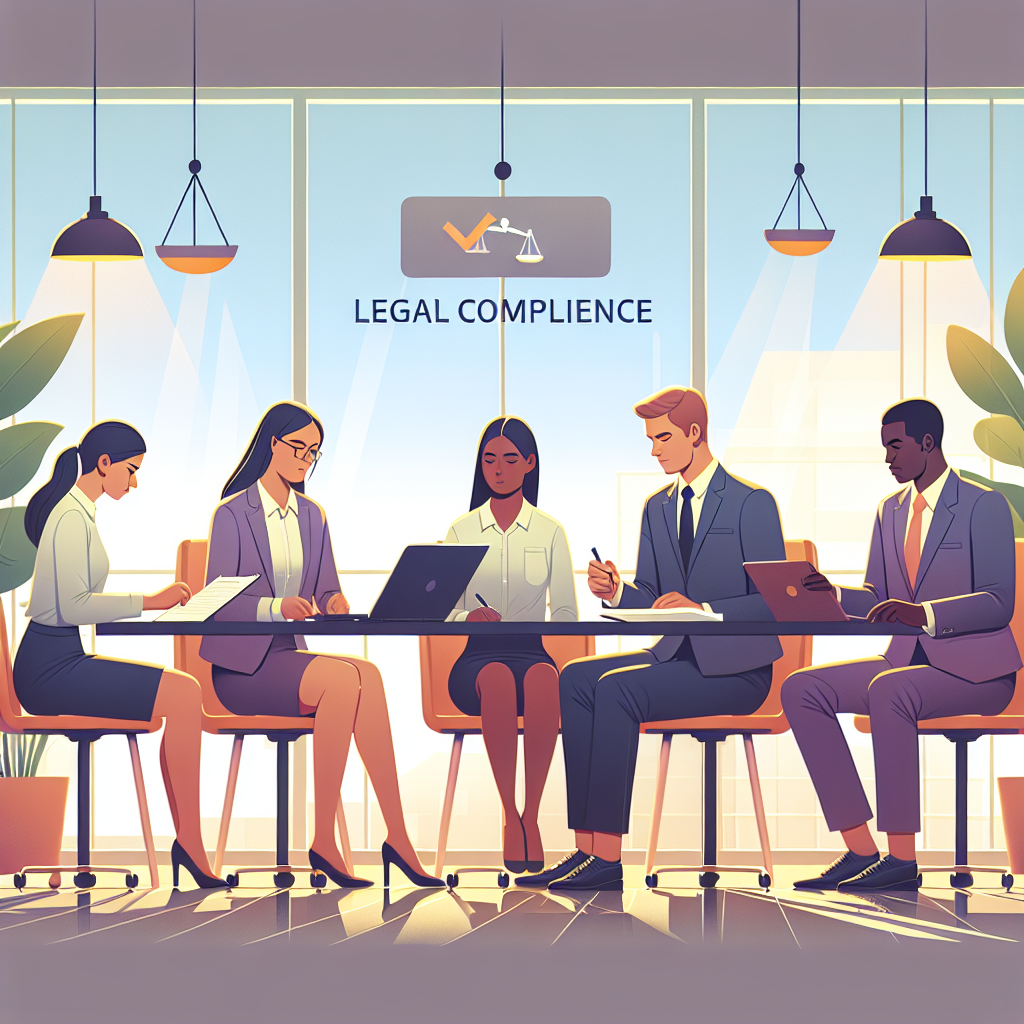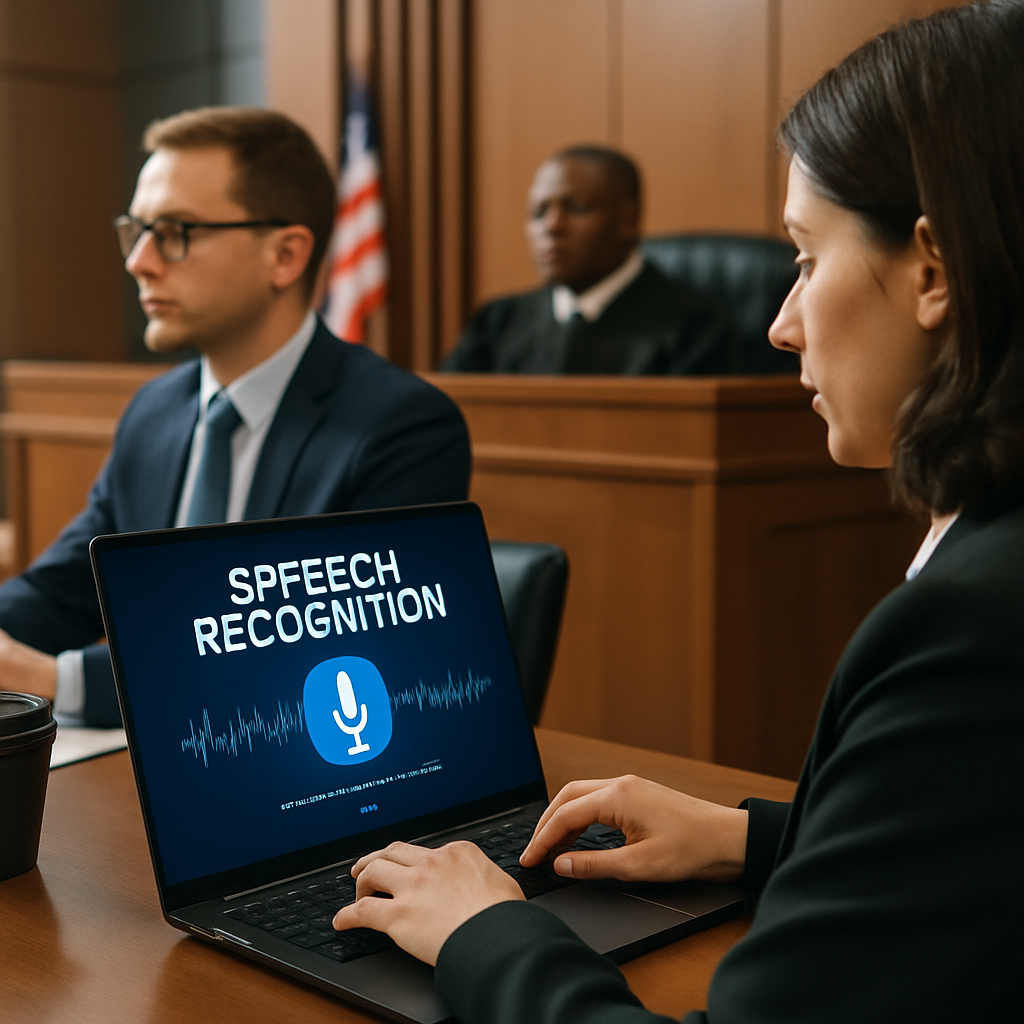
Legal Compliance in Transcription Services: Best Practices
Welcome professionals in Legal Transcription! In today's digital age, ensuring legal compliance in transcription services is crucial for accuracy, time-saving, and overall efficiency. Let's delve into the best practices and tools that can help you achieve compliance while using transcription services.
Why Legal Compliance Matters
Legal professionals, including lawyers, doctors, researchers, and corporate managers, rely on transcription services to transcribe important documents, interviews, and meetings. Compliance ensures that the transcribed content meets all legal standards and regulations.
Best Practices for Legal Compliance
- Choose a reputable transcription service provider with a track record of legal compliance.
- Ensure all transcribers are trained in legal terminology and guidelines.
- Implement secure file transfer protocols to protect sensitive information.
Tools for Ensuring Compliance
Utilize transcription software that offers encryption, secure storage, and audit trails to track document access.
Examples of Compliance Challenges
Legal compliance in transcription can be challenging when dealing with sensitive information or recordings that involve confidential discussions. It's essential to have processes in place to address these challenges effectively.
Legal compliance in transcription is a critical aspect of maintaining professionalism and confidentiality in the legal industry. By following best practices, using secure tools, and staying informed about compliance regulations, professionals can ensure that their transcription services meet the highest standards of legal compliance.
Explore transcription services today to experience the benefits of accurate, time-saving, and compliant transcription solutions.
FAQs
Q. What are the consequences of non-compliance in legal transcription?
A: Non-compliance can lead to legal penalties, compromised data security, and damage to professional reputation.
Q. How can transcription services help professionals save time?
A: Transcription services automate the process of transcribing audio or video files, saving professionals valuable time.
Q. What role does accuracy play in legal transcription compliance?
A: Accuracy is essential to ensure that transcribed documents reflect the original content accurately and comply with legal requirements.
Q. Are there specific regulations for transcribing sensitive legal information?
A: Yes, certain industries and jurisdictions have specific regulations for transcribing sensitive legal information, such as patient-doctor confidentiality in healthcare.
Q. How can professionals ensure the security of transcribed legal documents?
A: By using secure transcription software, professionals can encrypt files, restrict access, and maintain audit trails to enhance document security.


